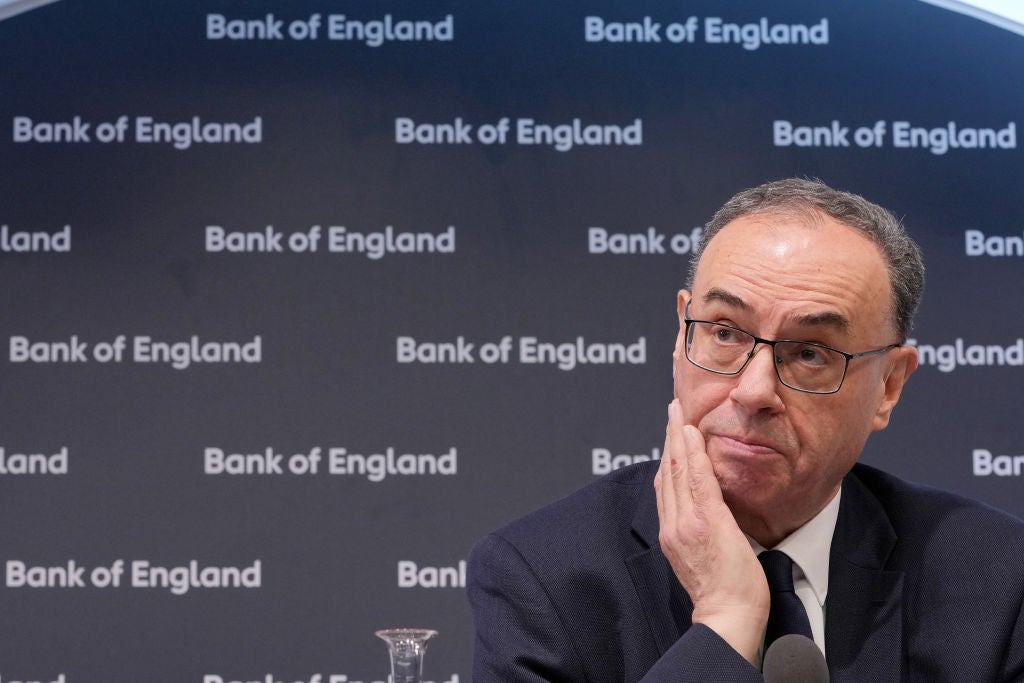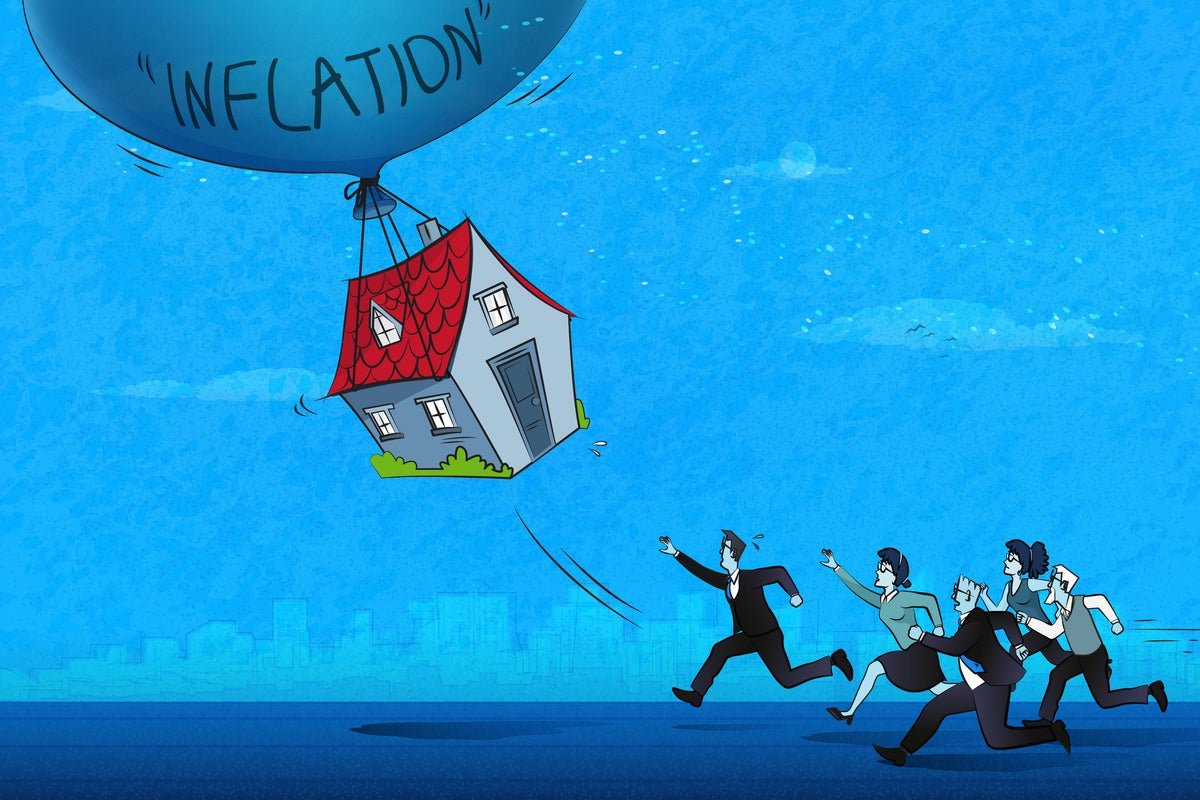Inflation shot back up to 3.5 per cent in April, having been on a downward trajectory at the start of 2025, before a marginal decrease to 3.4 per cent in May.
In part as a result of this sticky inflation, the Bank of England (BoE)’s Monetary Policy Committee has voted to maintain interest rates at 4.25 per cent, following a cut in May.
As interest rates are one of the primary ways the BoE looks to control inflation, they are often linked to each other, and each one can have knock-on effects on several areas for people in the UK.
What has impacted inflation figures?
The BoE doesn’t only consider inflation: economic growth, wages, employment rates and plenty of other factors in the geopolitical landscape can come into play.
But with a government-set target of 2 per cent inflation to aim for, interest rates tend to be left higher until inflation looks to be under more control and heading back towards its intended target.
Consumer Prices Index (CPI) inflation is usually the figure used as the headline number – this was 3.4 per cent for May. But it’s important to also look at the CPI data which includes costs for running households (CPIH), and this was 4.0 per cent for last month.

While air fares and fuel fell in price, grocery shopping contributed to higher inflation with some products rising steeply – including chocolate, which has risen more than 17 per cent year on year, the fastest rate on record.
While some economists had forecast back-to-back rate cuts for May and June, there is now even a question of whether August’s MPC meeting will result in a cut, as inflation lingers and geopolitical events lead to fears of oil price rises.
How does this affect my mortgage?
Naturally, homeowners are generally pleased when interest rates come down, and most people are happy when there’s not too much inflation.
But as both of those have been high recently, repaying mortgages has been more expensive over the past two years unless you were locked into a lower-rate deal that didn’t need renewing.
Rates have come down twice this year already, 0.25 percentage points each time, and there are plenty of deals on the market at sub-four per cent interest rates as lenders battle for business.
Depending on your circumstances and type of mortgage, though, you may have a significantly higher rate than that – some 100 per cent mortgages, for example, start from 5.99 per cent.

Mortgage deals also tend to be based on swap rates – future expectations of interest rates – rather than the bank rate itself, which is why lenders can sometimes price them lower than the current interest rate, or move in anticipation of a future cut.
Rising inflation, then, won’t immediately make your mortgage repayments more expensive – but it could reduce the chances of an immediate interest rate cut.
What about savings?
Where mortgages (and any other loans) are cheaper to pay off when the interest rate goes down, the opposite is true for your savings.
Banks price their products from the bank rate; therefore, when it starts to come down, we now see most of the best easy access savings accounts paying only just over 4 per cent, when at the start of 2025 there was lots of competition in the 5 to 5.5 per cent range.
It makes it important to shop around and ensure your money is earning as high a rate of interest as it possibly can – not just to earn interest, but also to ensure your cash doesn’t see its buying power eroded because of inflation.
If inflation runs at an average of 3.0 per cent this year and next, then £100 in a bank account will only be effectively worth a little over £94 by the end of 2026.
Utilising interest rates, therefore, helps protect your overall cash value – and beyond that, you should look to invest for the long term where possible, such as in an individual savings account (ISA) or pension, as this has a much higher chance of beating inflation and giving better returns over a number of years.
#rising #inflation #impacts #mortgage #savings



